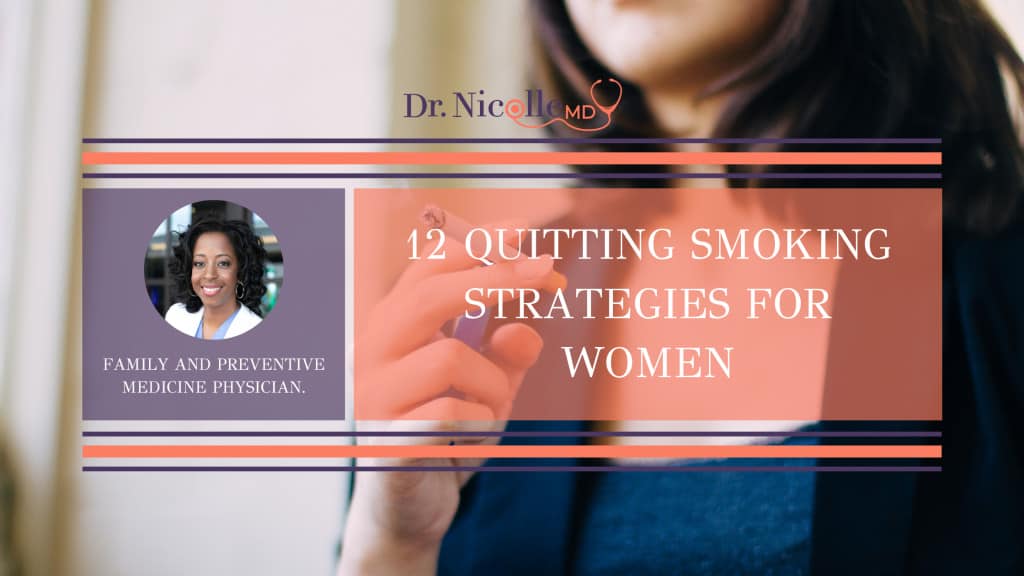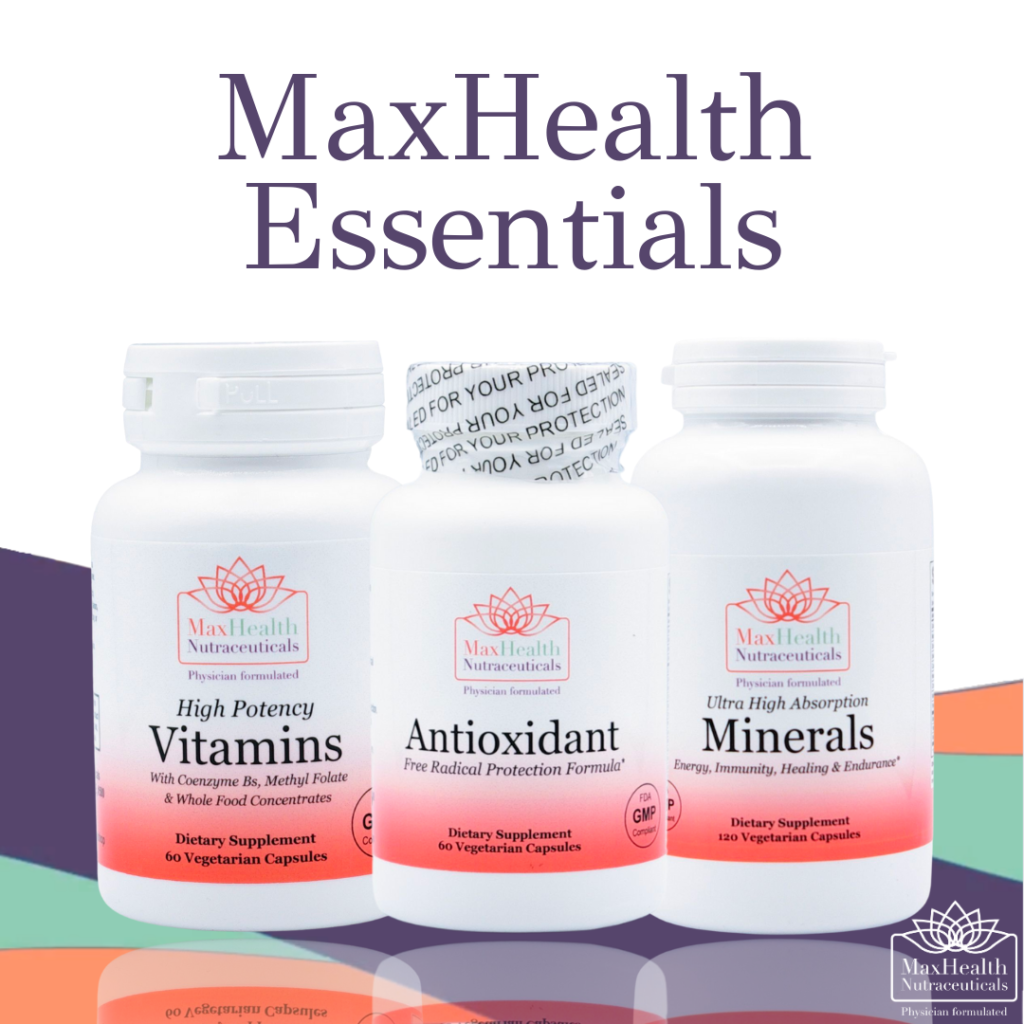

It’s Wellness Wednesdays! We’ll talk about smoking cessation strategies designed especially for women. Smoking is one of the most preventable causes of death in the world, yet almost half of all smokers don’t even try to quit. Why? Quitting smoking is difficult; it’s not something most people can do on their own, and most people need the help of others. The best way to quit is to change your behavior and change your beliefs about smoking.
If you’re looking for a way to quit smoking, you might be surprised to learn that women are more likely than men to do so, according to the American Lung Association. Although women in the United States are less likely to smoke than women in other nations, they still make up nearly half of all smokers.
There’s a long, running debate about whether it’s more difficult for women or men to quit smoking. Some say that women who try to quit may have more difficulty than men because of the way their bodies metabolize nicotine. Regardless of the answer, one thing’s for sure. Everyone can give up tobacco if they find the right approach.
There are some things that are especially helpful for women who’ve had a tough time quitting smoking. These are some considerations that are especially helpful for women.

Nicotine Dependence for Women
1. Avoid the patch if you’re pregnant.
The Centers for Disease Control and Prevention advise against nicotine patches for pregnant women. During pregnancy, women metabolize nicotine as much as 120 times faster, so the regular dose contained in the patch is ineffective. Nicotine replacement devices may work for women who are not expecting.
2. Learn about nicotine receptors.
Female smokers appear to have fewer nicotine receptors in their brain than male smokers. This suggests that giving up smoking for women is more complicated than just replacing nicotine.
3. Use alternatives to nicotine replacement.
Fortunately, there are many smoking cessation techniques that address more factors than nicotine alone. Browse online or consult your doctor to find out about your options.
Post-Smoking Weight Gain for Women
1. Love your body.
Women may be especially apprehensive about gaining weight if they stop smoking. Try to cultivate a healthy body image that lets you appreciate your individual beauty, regardless of your dress size.
2. Put moderate weight gain in perspective.
The average weight gain for former smokers is about 5 to 10 pounds. Smoking is much more risky than a few extra pounds.
3. Guard against obesity.
Obesity is a serious health issue. If you gain more than 10 pounds or continue to gain weight after 3 months, take prompt action to get back in control.
4. Exercise more.
Your metabolism may slow down when you give up cigarettes. Becoming more physically active will speed it up and improve your mood.

5. Manage emotional eating.
Women tend to have stronger tendencies to turn to food for comfort. Give yourself treats with no calories like bubble baths or time to read that new novel you’ve been dying to get into.
6. Curb your appetite naturally.
It’s easier to consume less when your hunger is satisfied. Sip water, herbal tea, or clear soup.
7. Ask your doctor about Naltrexone.
Naltrexone is a drug used to treat alcohol and drug addiction, but it also shows promise for helping female ex-smokers to avoid weight gain. Your doctor can help you determine if it might help you.
Additional Suggestions for Women Who Want to Quit Smoking
1. Explore behavior-based approaches.
The entire ritual of smoking is important to some women. Strategies like deep breathing and learning to deal with triggers, such as that morning cup of coffee that goes hand in hand with smoking a cigarette, can help women to persevere.
2. Find other ways to deal with stress.
It’s natural to reach for a cigarette when you feel tense. Form new habits like meditation or getting a massage.
3. Join a traditional support group.
Women are more likely to understand the value of social support. Ask your insurance provider or local hospital if they can recommend a group you can join.
4. Get connected through social media.
You can also find support on the Internet. Join an existing self-help group or start your own. Text each other words of encouragement.
5. Talk with your doctor about non-nicotine medications.
Many women find nicotine replacement devices helpful, but there are more options if you need them. Your doctor can tell you about a variety of drugs, including certain antidepressants, which have also been found to making quitting tobacco easier.
Quitting smoking is often the single most important thing you can do to improve your health. It’s a tough habit to kick, but you can do it with help. Whether you want to cut down, quit cold turkey, or use nicotine replacement products, there are many methods of quitting. The most effective method depends on your unique circumstances. In many cases, the choice is yours. Experiment with the best approaches for women and talk with your doctor if you need more help.
I would love to give you a free resource sheet to support your overall wellness. Click the button below to receive your gift.
I really wanted to talk about this topic today because your natural health and wellness is important. You can adopt healthy lifestyle practices that improve your health, your environment, and enrich your life, which can in turn improve the lives of those close to you. You have the power to break the cycle of poor health, including chronic disease, so that you can leave a legacy of health to your loved ones.
I use functional medicine and lifestyle medicine as the first line of treatment, before medications, to treat lifestyle-related chronic diseases. Lifestyle-related chronic diseases include diabetes, hypertension, obesity, and some cancers, just to name a few. Lifestyle practices, such as eating a whole-food plant-based diet and regular physical activity, can help you lose weight, reverse some chronic diseases (if you suffer from them), and can even help you with detoxification. In certain cases, these approaches may even outperform pharmaceutical therapy.
But I always tell my patients that conventional medications may be appropriate at this time to prevent catastrophic illness, but over time, you can work to make the necessary lifestyle changes to possibly reduce and/or eliminate medications. Please remember to always consult your physician for your particular needs and circumstances prior to making any decisions whatsoever.
Is Dietary Supplementation Right For You?
For some people, vitamin and mineral supplements offer important health benefits. Supplements are designed to fight deficiencies found in our diet and complement the food we eat regularly. Supplements are basically “helping hands” to our daily food.
If you suspect that you aren’t getting the nutrients you need, consider shifting your focus from supplements to eating better.
But it is very important to note that we are not eating the same foods we ate years ago because the soils have been depleted of critical nutrients through current industrial farming practices. And because the soil is not as good as it used to be, the food supply (grown from the depleted soil) is not as good as it used to be. For example, you are not getting the same levels of magnesium as you would have gotten 30 or even 50 years ago.
Second, much of the food has been genetically altered, which can impact the inherent and unique nutritional composition that each food possess. For example, ancient einkorn wheat has less gluten, more protein, more Vitamin A, and more beta carotene, than modern genetically modified wheat.
Third, the toxic load in the environment today is much higher than 100 years ago. We can see this with global warming, toxic landfills, polluted oceans and waterways, etc. Toxicity levels interfere with nutrient assimilation and absorption not just into the foods, but into our bodies as well.
So… if you are unable to eat better, the supplements in my MaxHealth Essentials Bundle may provide the extra boost you need.
These are my favorite Wellness and Immune-Boosting Supplements to use! This MaxHealth Essentials Bundle will ensure you have the intake of the important vitamins, minerals, and antioxidants to decrease inflammation and boost your innate wellness day and night. Taken together, it’s a solid plan for increasing your body’s natural resiliency.
For best results make sure you use the supplements with dietary changes including a whole food plant-based diet, regular exercise (at least 2-3x per week), regular sleep (8 hours per night), and intermittent fasting (at least 1-3x per week).
Weight Monitoring
Since weight management is very important in combatting chronic diseases, I recommend that you be mindful of your weight and its fluctuations, and that you monitor your weight AT LEAST on a weekly basis. I recommend a scale that includes a body composition monitor (*this scale cannot be used with a pacemaker or other implanted devices).
Physical Activity
Physical activity (or exercise) can improve your health and reduce the risk of developing several chronic diseases like high blood pressure, type 2 diabetes, and cancer, just to name a few. Physical activity can improve your mood, boost your immune system, help you maintain a healthy weight, and is a great way to detox your body!
I often recommend yoga and resistance training for physical activity, but as you are aware, there are plenty of forms of “movement” that you can do! But for the basics, especially if you’re just getting started, yoga and resistance training are where I would start.
Yoga
Yoga can be a great way to improve your strength and flexibility, manage your stress, improve your heart health, and lose weight! I recommend using a grounded yoga mat to connect yourself with the earth and reduce inflammation.
Resistance Training
Resistance training is the mainstay for overall health. It not only has beneficial effects on reducing body fat, it also increases muscle size and strength. Check out some basic dumbbells/free weights that I recommend to everyone.
Another alternative for dumbbells/free weights are resistance bands. They are great for physical therapy, yoga, strength training, and excellent for traveling.
Remember, living a healthy lifestyle including eating a whole foods plant-based diet, regular physical activity, and reducing stress are the best ways to maintain a healthy weight. Let me know what you think in the comment section below.
Dr. Nicolle Martin
Some of the links in this article are "affiliate links", a link with a special tracking code. This means if you click on an affiliate link and purchase the item, we will receive an affiliate commission.
The price of the item is the same whether it is an affiliate link or not. Regardless, we only recommend products or services we believe will add value to our readers.
By using the affiliate links, you are helping support our Website, and we genuinely appreciate your support.
Last updated on January 24th, 2022 at 04:52 pm

Minimize Medications. Maximize Health.
Are you super busy but need to take control of your health? Are you tired of being tired? Subscribe to my “Minimize Medications, Maximize Health Blog” and I’ll give you 7 Tips to Get Healthy in No Time absolutely FREE.






